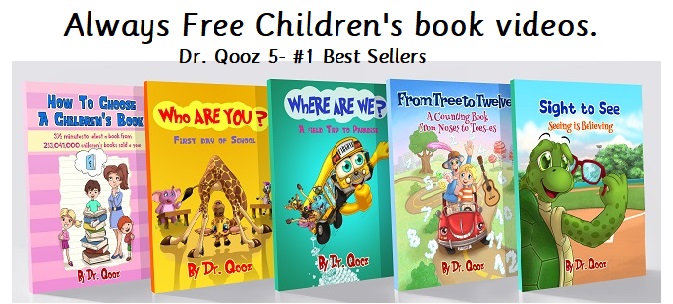Is there hope for my nonreading child?
My nonreader child is going into the 3rd grade and cannot read.

reading to children
When should I get concerned that she is a nonreader Child.
Some kids just “get it” early, even in kindergarten, reading that is.
Other children, stumble and take more time to decode language by making the connection between sounds and letters. Before it finally clicks for some children, different teaching methods may be needed.
Experts agree that by second grade, children should be well on their way to fluency with books. *
Literacy specialist claim repetition is the foundation of many aspects of learning. “A baby needs 1,000 repetitions to learn a word; by the time he’s a toddler, he might need 50 repetitions; and when he’s in kindergarten, he may need only a few repetitions to master it because the brain connections have been laid out.”**
40% of grade school children have reading problems. The National Assessment of Adult Literacy says “ The current literacy rate isn’t any better than it was 10 years ago.”***
One out of four high school graduates CANNOT READ! About 25 percent of high school graduates are functionally illiterate. ****
4-year colleges reported in 1999, that 10.2 percent of students were taking remedial reading, just to stay in college. Our high school graduates are functionally illiterate. (Meaning they can’t read well enough to manage daily living and perform tasks required by most jobs.) *****
PARENTS CAN RECOGNIZE the SYMPTOMS
- Poor reading grades.
- Child avoids reading altogether.
- Child no longer wants to go to school.
- All grades are low.
If ‘a child is struggling to recognize the alphabet or is not understanding that each letter or letter combination (grapheme) is a symbol for a sound (phoneme), that child needs a reading intervention called ‘direct instruction.’******
There is a fundamental skill needed called phonemic awareness, which is a process to manipulate the sounds that make up words, (phonemes).
Children who have difficulty with reading tend to fall into two categories:
- readers who have trouble sounding out the words, or decoding, and
- readers who can say the correct words but have trouble understanding the meaning of the word, or comprehension.
A solution is to Read Out loud, while Teaching Phonics and Sight Word Recognition Simultaneously!
There are many reasons your child may be a nonreader.
- We are all mentally wired different.
- Maybe the child can’t see and needs glasses.
- Maybe the child is dyslexic and needs extra help to get started.
- Maybe the child was steamrolled by “No Child Left Behind Act”, (Where teaching seemed to become less about actually teaching and more about making sure that the school will continue to receive government funding.) Visit the Principal, Talk to the Superintendent. Be vocal at your school board meetings.
- Struggling readers will not teach themselves to read.
Most reading problems can be prevented or corrected.
There is a FREE SOLUTION for Parents of Nonreading Children
- “Parents need to take a serious look at reading solutions.”
- Buy a book of the child’s interest and READ IT ALOUD to the child
Make a special event out of reading new

books OUT LOUD to the child. Start a new regimen for the
child. Read to the child every night. Alternate books, one that the child may choose and one that you choose to read.
Tim Trelease’s book, The Read–Aloud Handbook outlines 30 years of data that proves when children are read to 10-15 minutes a night, they are in the top 5% of every class and in top management of any job they tend to pursue.*******
- Talk to the teacher, to see if your child has a learning disability and if they need an intervention.
If you Change the way you live you may save your child’s Future…
- Read to the child as often as possible OUT LOUD (no age limit), Even when parents and grandparents alternate reading, there are times that both are absent, Dr. Qooz makes this very easy at LegacyToo.
- Invest in picture books, read them out loud.
- Remove the TV from the child’s room (until reading is conquered.)
- Cut back on electro
- nic games,
- If your child mispronounces a word, help them to say it correctly,
- Play board games together,
- Rewards for completion of reading works well,
- Allow your child to listen and read audio books at the same time.
- Fun books like comics and children’s magazines can be a treat,
Children reading is a child succeeding in life.
THIS EPIDEMIC of 25 percent of our children graduating from high school, not being able to read, MUST STOP!
* The Reading Foundation
** Early Years Centres
*** The National Education Association (NEA)
**** Education World
***** U.S. Department of Education
****** Council for Advancement of Adult Literacy
******* The Read–Aloud Handbook

